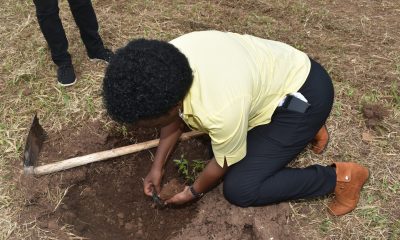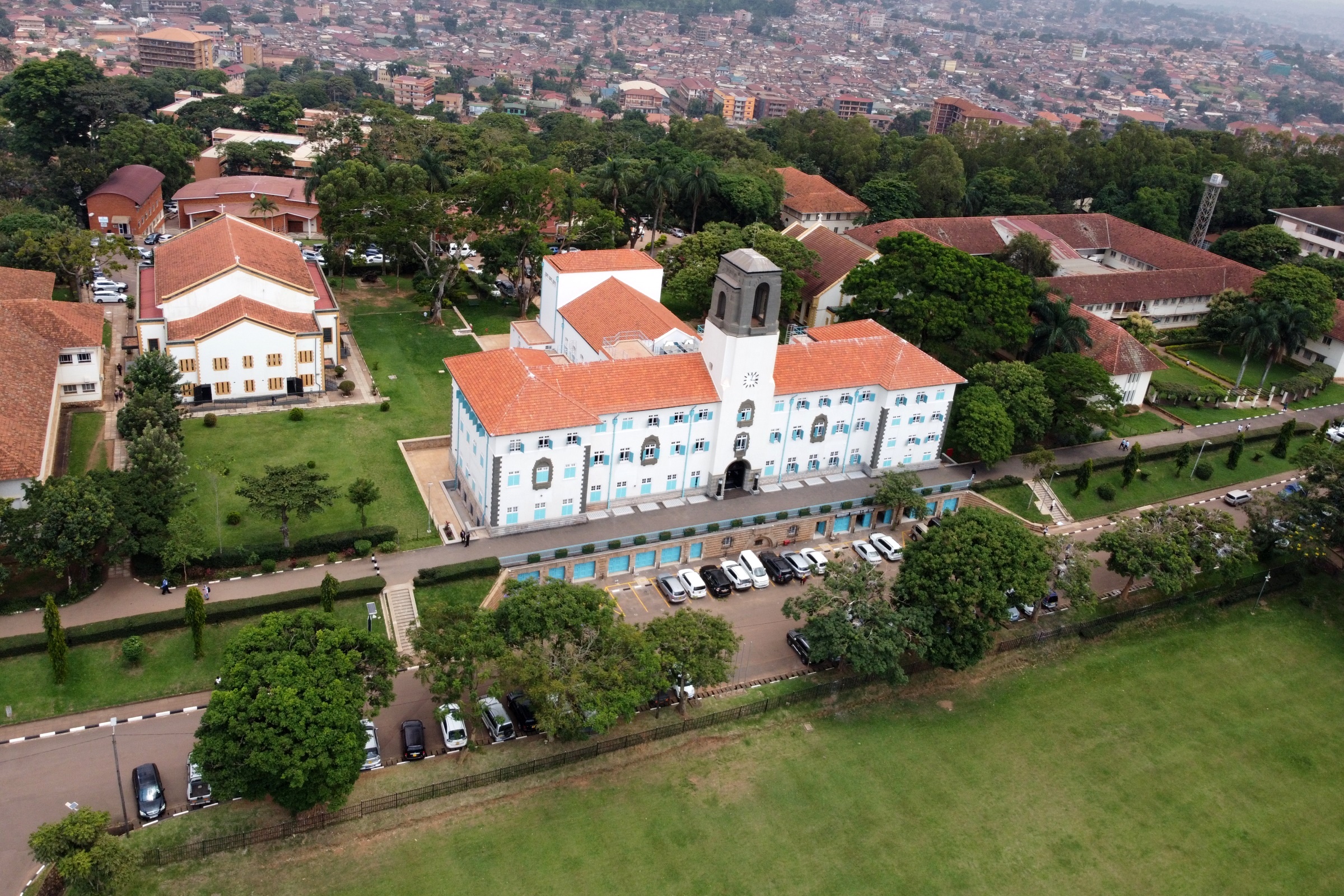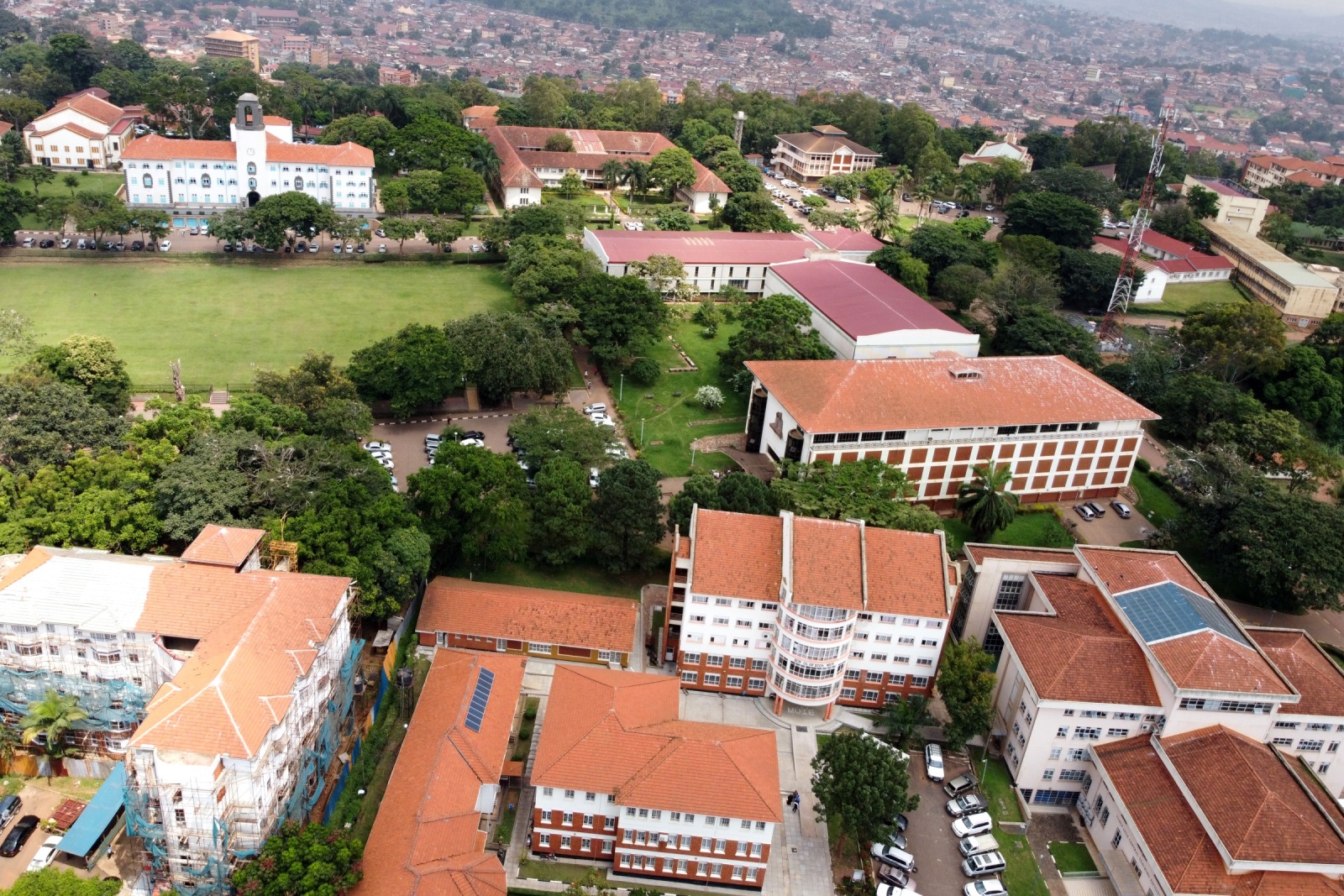The Monitoring and Evaluation Technical Support (METS) programme has been officially launched by the Minister of Health Hon. Dr. Elioda Tumwesigye at the Serena Kampala Hotel.
In his speech, Dr. Elioda Tumwesigye remarked that the Vision2040 emphasises the importance of Monitoring and Evaluation to provide relevant information for focusing programmes and plans. He noted that the contribution of the METS to HIV M & E data will in turn contribute to channelling funds. “The mandate of METS is in line with the vision of the NRM and provides support to enabling government achieve its health sector objectives. One of the challenges now is to accurately know how many people are on ART; some may be registered at different service centres while others come for testing and do not initiate treatment”, he emphasised.
He was happy to note that as part of the work package, the METS will introduce a biometric system that will help address this challenge since now people will be easy to identify and track, irrespective of where they are receiving treatment from. He said the system will also be helpful in monitoring commodities in stores to know early the status of the stocks.
In a special way, Dr. Tumwesigye thanked the District Health Officer for their part in supporting the management of epidemics in the country, adding that many times they are working in settings of limited resources. On a happy note, he reported that the Ministry of Health has secured substantial funding for testing people in West Nile, Lango, Acholi and Karamoja regions for Hepatitis. He said more funding is expected that will enable the Ministry extend the efforts to Teso region. He further said support for HIV programming will be leveraged to respond to Hepatitis B and Hepatitis C.
He posed questions related to how data is used at district level, wondering whether it is used for decision-making or shared with district councillors for policy making.
He also applauded the College of Health Sciences for the new academic programmes on board including cytotechnology, emergency medicine and biomedical engineering, among others. He requested that many more be started in oncology, nuclear physics, oncology nursing and critical care.
The US Centres for Disease Control and Prevention (CDC) Uganda Country Director, Dr. Steven Wiersma said that the key outcome expected out of this initiative is to ensure use of one comprehensive national functional M & E system in Uganda. He pointed out that coverage of HIV programmes has increased over the years; lack of quality national data and limited use hinders achievement of the 90 90 90 goal.
He further noted that all the work METS is doing will lead to identification of challenges and areas that need to be addressed.
In his remarks, the Principal Makerere University College of Health Sciences Associate Professor Charles Ibingira appreciated CDC for the support it has provided to different research initiatives in the College. He added that the mainstay of research at the College is based on funds from US agencies; the government and others. He thanked the School of Public Health for being at the forefront in building critical capacities in health-related fields, adding that key programmes have been brought on board and they are addressing critical gaps in healthcare service delivery.
The Monitoring and Evaluation Technical Support (METS) programme is a follow-on initiative to the Monitoring and Evaluation Technical Assistance (META) project; a five year CDC-supported collaborative undertaking between Makerere University School of Public Health (MakSPH) and University of California San Francisco (UCSF) and implemented in collaboration with MoH.
In a keynote address, Professor William Bazeyo, the Dean of the School of Public Health and Principal Investigator METS programme, reported that the META project registered numerous achievements in the areas of building capacity of over 3000 health workers in M&E, quality improvement, data management and use; evaluated HIV/AIDS programmes, supporting health facility staff with training, mentorship and coaching.
He however noted that that despite these achievements, there are several recurring gaps in M & E of HIV programmes requiring more focused and comprehensive efforts to address them. “There is still parallel and uncoordinated HIV M&E and reporting systems at various levels; insufficient human resource capacity in M&E data management; limited availability and use of strategic information for HIV/AIDS programs; inadequate infrastructure and resources for HIV M&E data gathering and management and sub-optimal quality of HIV and AIDS programs and their respective data”, he emphasised.
He said the programme intends to achieve reinforced national, district and health facility capabilities in M&E and QI for HIV/AIDS programs (M&E); enhanced district-led HIV/AIDS programming and planning: district HIV/AIDS Strategic Plans and annual Work Plans (District-Led Programming); improved understanding of HIV disease burden, incidence, loss to follow-up, linkages and referral services along the continuum of care (Case-Based Population Surveillance) and a well-functioning strategic information system for increased evidence-based decision making in support of an AIDS-Free Generation (Health Management Information Systems).
The five-year programme will be implemented in 48 districts of Uganda and is funded to the tune of USD 35,687,275 for the period 2015 – 2020.
Article by OHCEA Communication Team

 General7 days ago
General7 days ago
 General6 days ago
General6 days ago
 Agriculture & Environment2 weeks ago
Agriculture & Environment2 weeks ago
 General7 days ago
General7 days ago
 General2 weeks ago
General2 weeks ago


